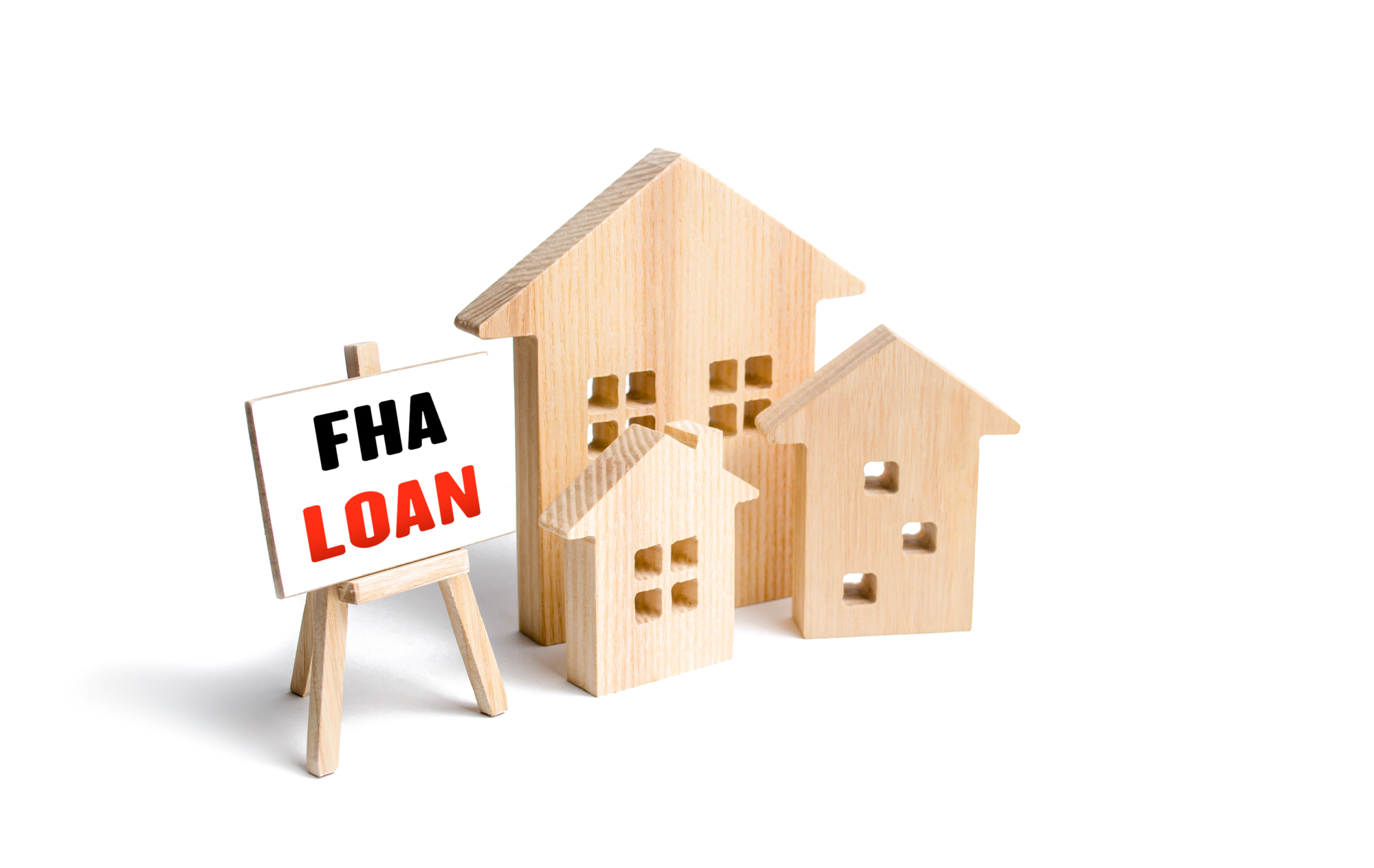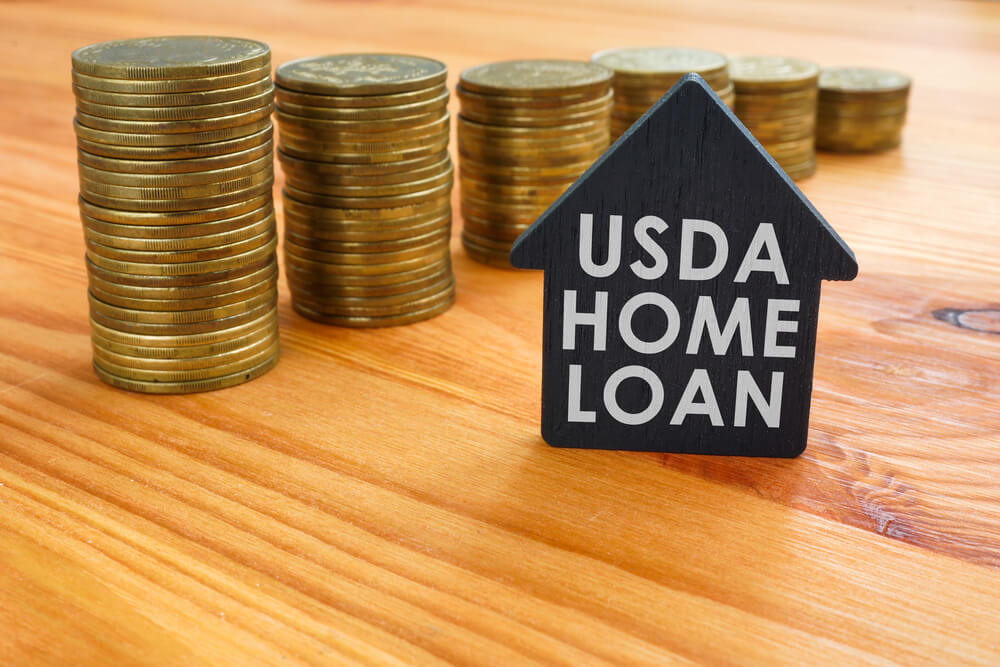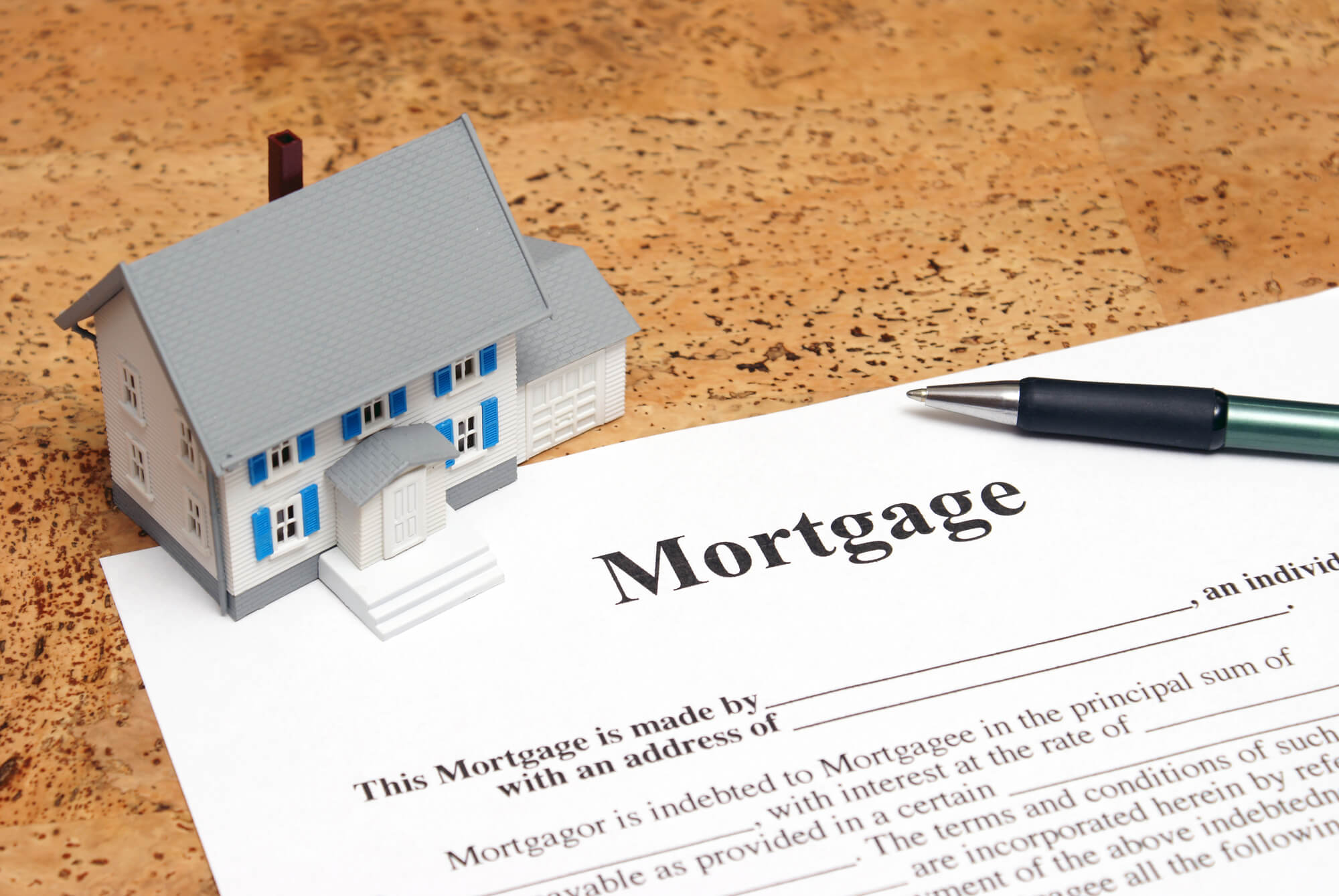Are you shopping for your first home? The first thing you have to do is secure a mortgage that can help you buy your dream home. If you have insufficient funds available or terrible credit, it may be difficult to obtain a traditional loan. If this describes your circumstances, you may be eligible for an FHA home loan. These government-insured mortgages assist first-time homeowners with poor credit or little savings in purchasing a new house. Read on to learn in detail about the FHA home loan approval process!
How Do You Apply for an FHA Home Loan?
With only a few differences, the application process for an FHA home loan is quite similar to other types of housing loans. To apply for this loan, you must complete the following six simple steps:
- Check out some FHA-certified lenders: Different lenders provide different FHA loan types. Compare the costs and rates of at least three lenders, including mortgage lenders, mortgage brokers, and your credit union or local bank.
- Fill out an FHA loan form: While filling out the application, you’ll need some basic information about your income, monthly bills, and down payment funds.
- Permit the lender to validate your credit scores: The lender acquires a credit report to confirm you satisfy the FHA’s basic credit score criteria.
- Offer two years of job and income history: Gather pay stubs for the last month as well as W-2s, or federal tax returns, from the last two years, in addition to employer contact details.
- Establish the source of your down payment: If you’re purchasing a property, lenders will normally evaluate two months’ worth of bank records or a letter detailing where the closing cost funds and down payment are coming from.
- Explain any delinquent federal debt: If you have recently finished paying off delinquent student loans or any other government debt, submit a letter of explanation and supporting documentation to the lender to clear your CAIVRS (Credit Alert Interactive Voice Response System) report.
How to Get Approved for a FHA Home Loan?
Compared to other loan programs, it is quite easy to get approved for an FHA home loan. You must fulfill the below lending criteria:
- A credit score between 500 and 580.
- Be a permanent resident of the United States Of America.
- Have a verifiable two-year job history.
- Have proof of income in the form of pay stubs, bank statements, and federal tax returns.
- Utilize the mortgage to pay for your primary home.
- Ensure that the property has been valued by an FHA-certified appraiser and that it complies with HUD (Housing and Urban Development) guidelines.
- The front-end debt ratio must not be more than 31% of total monthly income.
- The back-end debt ratio must not be more than 43% of total monthly income.
- Hold back for three years after foreclosure or one to two years after bankruptcy before applying for a loan.
Some lenders have additional requirements that borrowers must fulfill in order to be approved for an FHA loan. You can ask your lenders about this special information.
Are you looking to finance your dream home? Let us find the right mortgage plan for you. Contact us today!




